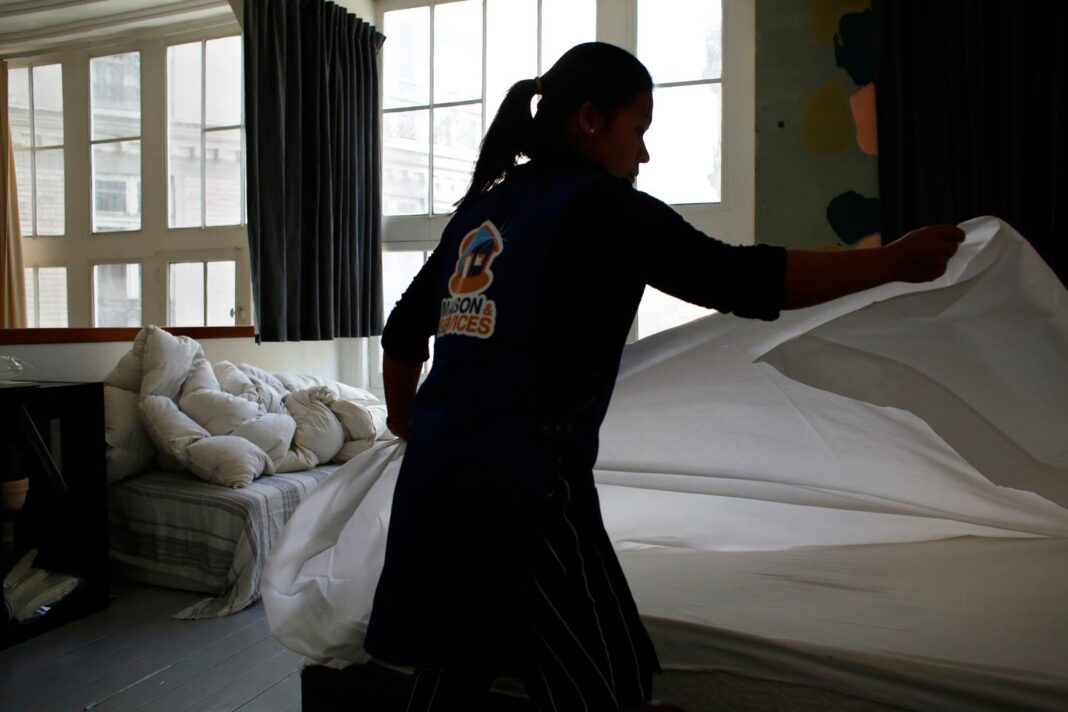Between 2018 and 2025, the number of properties available for short-term rental surged by 40% in Paris: there are approximately 60,000 “active” listings in the capital, according to data from the firm AirDNA. This system has a direct link to the housing crisis in this area.
The Airbnb phenomenon has had significant economic and cultural consequences in France. Can you explain this to us?
The platform enabled the entire short-term rental sector to develop rapidly and significantly. Thousands of property owners discovered its advantages: it’s a highly profitable, flexible system with strong demand in many areas. Its mass adoption has changed our relationship with real estate. Airbnb encouraged many people to invest in this sector. Furthermore, numerous households concluded that they could maintain or consider having a second home because they have the ability to rent it out easily. In short, “Airbnb” culture made dual residency viable for a whole segment of the population – a phenomenon amplified by remote work and easy access to credit. The spread of Airbnb also shaped the idea that everything can be monetized: you lose money by not renting out your house while you’re on vacation elsewhere. It’s a logic of permanent optimization.
With over 60,000 listings, Paris is the city with the most Airbnb rentals. What has been the impact of this growth?
The impact is most palpable on housing access for residents and on real estate prices: that’s the real problem. When Parisians rent their apartments to tourists while they are on vacation, it doesn’t result in a loss of housing for the population. The issue arises when apartments that could have been primary residences are converted into units reserved for short-term rentals. And these are becoming increasingly numerous, even though it is very difficult to measure the scale of the phenomenon.
